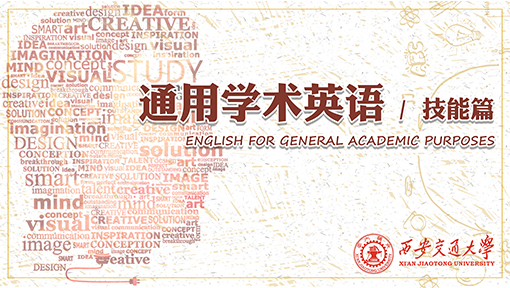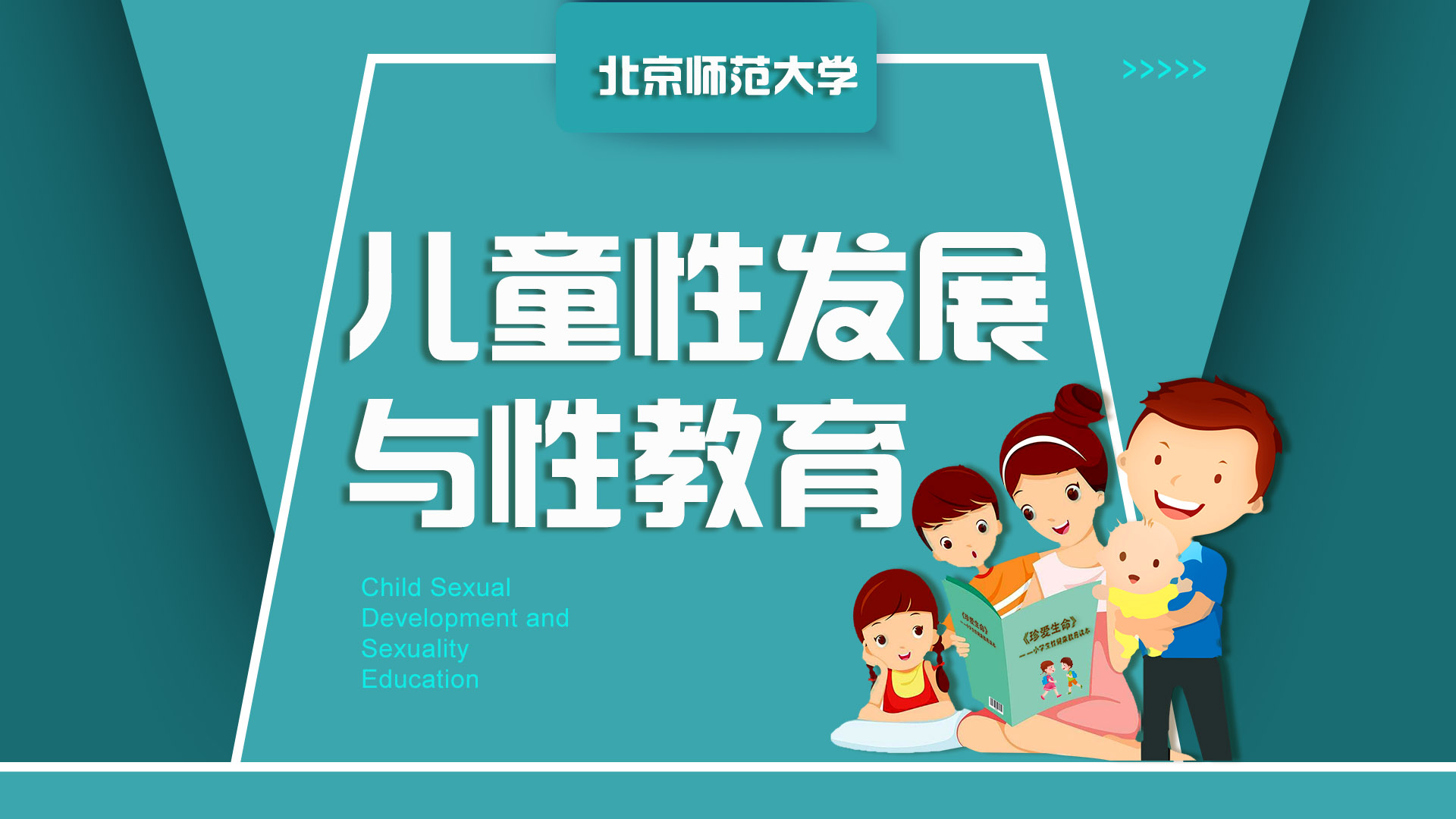
当前课程知识点:Research Methods in Tourism Studies > Week 5 Emerging Issues in Tourism and Hospitality Research > 5.4 Using Delphi Method in Research Design > 5.4.2 Selecting the experts
返回《Research Methods in Tourism Studies》慕课在线视频课程列表
返回《Research Methods in Tourism Studies》慕课在线视频列表
如何实施德尔菲法的关键问题是如何选择专家
因为专家的质量和数量肯定
会影响我们的结果的可靠性
我们需要遵循哪些好的建议来选择我们的专家样本呢
首先 专家需要对我们正在研究的领域有足够的专业知识
有不同的专家是件好事
他们可以是行业内部的 也可以是行业外部的 或者是实际进行研究的组织内部的
这样的结果对未来的的预测有益的
有来自不同领域 不同视角 不同国家
不同宗教 不同学科的专家也是很好的方式
这很重要 因为我们真的需要很好的代表不同的观点
当然 要避免任何来自不同背景的偏见
还有一件很重要的事
让专家们意识到他们将保持匿名也是很重要的
没有人会知道他们是谁 他们的背景是什么
当然 他们也不会得到
其他专家的信息
德尔菲小组应该有多少人
这个问题回答得很好
通常理论认为好的样本有10到30个参与者
但是实践表明
好的德尔菲研究也一般在15到20个的专家之间实施
另一个关键问题与我们如何实施德尔菲法的研究有关
我们应该循环多少回合
这里也没有黄金法则 原则或标准
理论上说 轮次的多少在很大程度上取决于
研究者希望实现什么 所述目标是什么
是要达到确定的结果和共识吗
是要特定的轮数吗
这是研究一开始就需要说明的
这是德尔菲法研究的一个实现示例
德尔菲研究的目的是询问特定的专家
影响旅游业专家和专业人员合作
的主题和概念是什么
因此 这项研究的目的是询问不同类型
旅游专家 经理 主管 甚至顾客
在旅游目的地 他们认为什么是
他们使旅游专业人员和公司在目的地进行合作的重要因素
他们提出了不同的话题
然后 他们还请专家就每个概念的重要性发表意见
这就是为什么你会看到分数与平均数和模式有关
他们用1到8的刻度
现在 在这种情况下 他们已经实施了两轮和两轮的标准
这基本上是基于这里的研究人员的基本原理
他们想要就哪些概念在他们的研究中达成共识
在第一轮 大多数专家
他们实际上同意必须包括这些概念直到这里
它将有超过80%的专家同意列入
现在 有关地理位置的概念在第一轮中就被排除了
它被排除在外 因为即使它有超过80%的专家的共识
他们不能被包括在内 平均值相当高
6.9,这意味着即使人们同意这个概念
包括在内 但6.9的分数 是一个平均分数
反映了高度不同意
它增加了是否包括这个概念的怀疑
所以在第二轮中 当研究人员将反馈反馈反馈给专家时
他们报告了这个发现 这个概念得到了大多数专家的共识
超过了80%的专家
但在是否包括在内的问题上存在很大分歧
在第二轮 专家们 他们阅读了这个反馈
然后他们决定最好把这个概念排除在外
这就是为什么在最后 最终决定
这一因素将被排除在整个行业合作所需的因素之外
在整个行业合作所需的因素之外
其他两个概念也是如此
他们有同样的差异 这意味着他们没有达成共识
但这意味着
专家们相当怀疑或担心是否应将其包括在内
在这种情况下 回合数很大程度上取决于研究共识
这就是研究人员停止德尔菲法的时候
-1.1 Research Question and Research Objectives
--1.1.1 Student interview before class
--1.1.2 The starting point: question
--1.1.3 What is a good research question?
--1.1.4 Ways to find a good research question
-1.2 Title Design
--Acticle: Leisure & Travel as Class Signifier: Distinction Practices of China's New Rich
--Discussion: Why do we research?
-1.3 Literature Retrieval Method and Literature Databases
--1.3.1 Common literature retrieval method
--1.3.2 Common literature search database
-1.4 Information Collection and Academic Journals in Tourism
--1.4.1 Academic journals in tourism research
--1.4.2 Literature collection methods and principles
-1.5 Literature Reading
--1.5.2 Overcoming obstacles in literature reading
--Week 1 quiz
--Discussion: What difficulties have you encountered in reading literature?
-2.1 Philosophical Bases of the Two Approaches
--2.1.1 Philosophical bases of the two approaches
-2.2 Differences between the Two Approaches
--2.2.1 Differences between the two approaches
--Article: Does tourist–host social contact reduce perceived cultural distance?
-2.3 Be Aware of Your Own Research Views
--2.3.1 Be aware of your own research views
--Discussion: How to choose research method?
-2.4 Research Example: Social Tourism
--2.4.1 What is social tourism?
--2.4.2 Established frameworks on social tourism
--2.4.3 Major research findings on social tourism
--2.4.4 Major findings of social tourism research
--2.4.5 Opportunities and challenges for social tourism
--Week 2 quiz
- 3.1 Key Procedures in Qualitative Approach
--3.1.1 Key procedures in qualitative approach
-3.2 Qualitative Data Collection and Analysis
--3.2.1 Key procedures and data collection methods in qualitative approach
--3.2.2 Data collection and analysis in qualitative approach
--3.2.3 Data analysis in qualitative approach
-3.3 Case Study and Content Analysis
--Discussion: Have you ever used a qualitative approach in your research?
-3.4 Using Coding and Themes in Qualitative Research
--3.4.1 Using coding and themes in qualitative research(1)
--3.4.2 Using coding and themes in qualitative research(2)
-3.5 Using Conceptual Framework in Qualitative Research
--3.5.1 Using conceptual framework in qualitative research(1)
--3.5.2 Using conceptual framework in qualitative research(2)
--Article: Tourist typology in social contact: an addition to existing theories
--Week 3 quiz
--Discussion: How to ensure the reliability and validity of qualitative study?
-4.1 Using Questionnaires in Quantitative Research
--4.1.1 Make an effective literature review and research method design
--4.1.2 Learn to write powerful findings and discussion
-4.2 Using Experiment in Quantitative Research
--4.2.4 Eye tracking experiment
-4.3 Using Mixed Method
--4.3.1 Sustainabble tourism development (1)
--4.3.2 Sustainabble tourism development (2)
--Article:Creating a scale for assessing socially sustainable tourism
--Week 4 Quiz
--Discussion: How to use quantitative methods to study tourists' reaction?
-5.1 Current Research Priorities
--5.1 1 A review of hospitality research
--5.1.2 Impact of information technology on hospitality and tourism research
-5.2 Multi-Level/ Multiple Sources of Date Collection
--5.2.1 Experimental design (1)
--5.2.2 Experimental design (2)
--5.2.3 Multi-level/multiple sources of data collection
-5.3 Mixed Method and Interdisciplinary Research
--5.3.2 Interdisciplinary research
--Article: The meanings of destination: a Q method approach
--Discussion: Can you talk about your understanding of research methods?
-5.4 Using Delphi Method in Research Design
--5.4.1 What is the Delphi method?
--5.4.3 Characteristics of the Delphi method
--5.4.4 Predicting the future of wine tourism
--Week 5 quiz
--Discussion: Philosophical basis of research methods
-6.1 Journal Publication
--6.1.1 How to publish in the top journals? (1)
--6.1.2 How to publish in the top journals? (2)
--6.1.3 How to publish in the top journals? (3)
--6.1.4 How to publish in the top journals? (4)
--Article: Analyzing the economic sustainability of tourism development: evidence from Hong Kong
-6.2 Academic Ethics
--6.2.2 Student interview after class
--Week 6 quiz
--Discussion: Academic publication and academic ethics
--Final quiz


